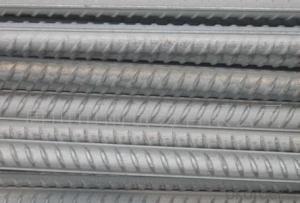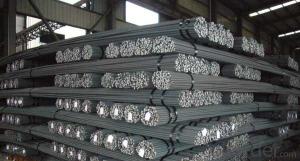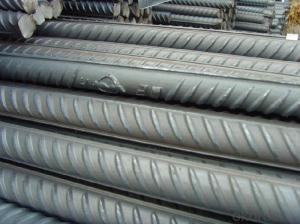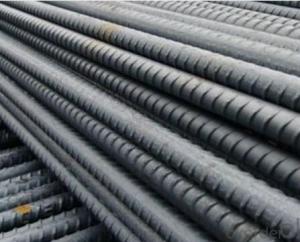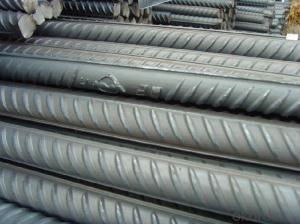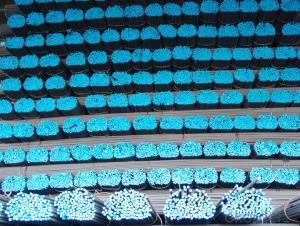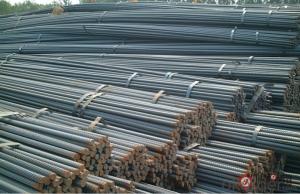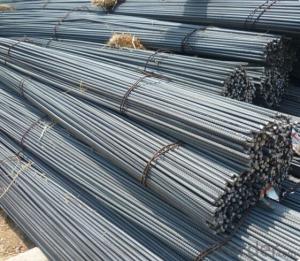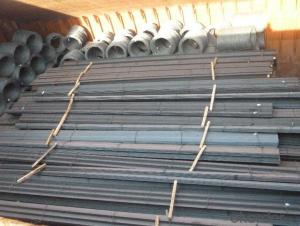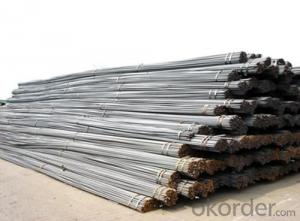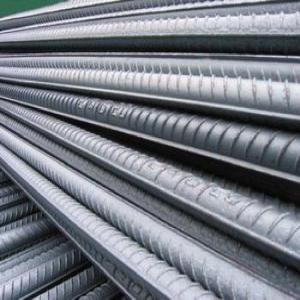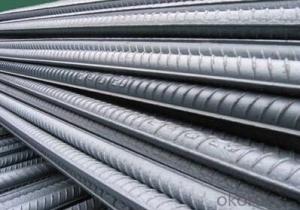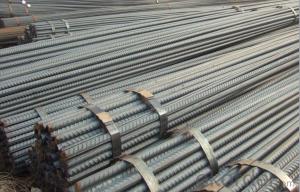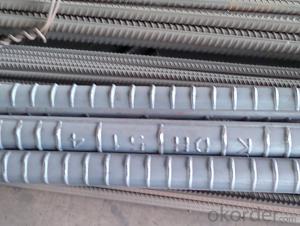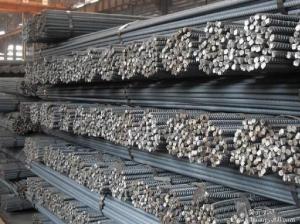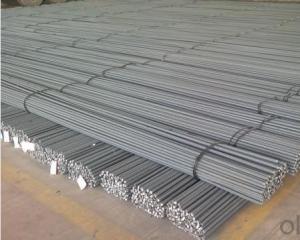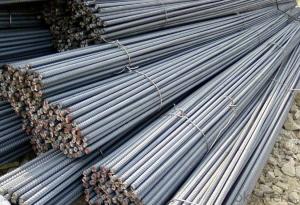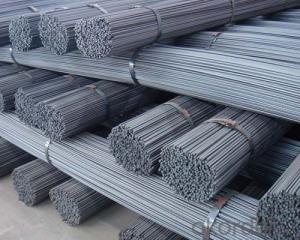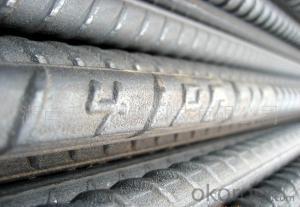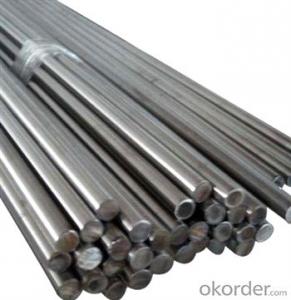All Categories
- - Steel Wire Rod
- - Steel Coils
- - Steel Profiles
- - Steel Pipes
- - Stainless Steel
- - Tinplate
- - Special Steel
- - Steel Sheets
- - Steel Rebars
- - Steel Strips
- - Hot Rolled Steel
- - Cold Rolled Steel
- - Pre-painted Steel
- - Seamless Steel Pipe
- - Welded Steel Pipe
- - Hollow Steel Tubes
- - Galvanized Pipe
- - Stainless Steel Coil
- - Stainless Steel Sheet
- - Stainless Steel Plate
- - Stainless Steel Strips
- - Electrolytic Tinplate Coil
- - Electrolytic Tinplate Sheet
- - Stainless Steel Rebars
- - Solar Panels
- - Solar Water Heater
- - Solar Related Products
- - Solar Inverter
- - Solar Cells
- - Solar Light
- - Solar Energy Systems
- - Solar Controllers
- - Solar Mounting System
- - Solar Pump
- - Solar Chargers
- - Fiberglass Chopped Strand
- - Fiberglass Mesh Cloth
- - Composite Pipes
- - FRP Pultrusion Profiles
- - Fiberglass Mat Tissue
- - Fiberglass Fabrics
- - Fiberglass Mesh
- - Composite Tank
- - Fiberglass Mesh tape
- - Polymer
- - FRP Roofing Panel
- - Fiberglass Roving
- - Monolithic Refractories
- - Ceramic Fiber Products
- - Refractory Bricks
- - Raw Materials For Refractory
- - Suspended Platform
- - Cranes
- - Concrete Machinery
- - Earthmoving Machinery
- - Building Hoist
- - Road Building Machinery
- - Plastic Pipe Fittings
- - Plastic Tubes
- - Plastic Sheets
- - Agricultural Plastic Products
- - Plastic Nets
 All Categories
All Categories
Q & A
What are the challenges of using steel rebars in corrosive environments such as chemical processing plants?
The challenges of using steel rebars in corrosive environments, like chemical processing plants, primarily revolve around the potential for corrosion and deterioration. The corrosive substances present in these environments can react with the steel rebars, leading to rusting, weakening, and eventual structural degradation. This corrosion not only compromises the integrity of the rebars but also impacts the overall safety and durability of the concrete structures they support. Therefore, corrosion-resistant alternatives, such as stainless steel rebars or protective coatings, are often employed to mitigate these challenges and ensure the longevity of the structures in corrosive environments.
What are the best practices for installing steel rebars in concrete forms?
Some of the best practices for installing steel rebars in concrete forms include ensuring proper placement and spacing of rebars according to the structural design, using the correct size and grade of rebars for the project, securely fastening the rebars to the formwork to prevent movement during concrete pouring, and maintaining proper alignment and elevation of the rebars. Additionally, it is important to clean and remove any rust or debris from the rebars before installation and to ensure they are adequately covered and protected from corrosion.
How do you ensure the proper curing of concrete with steel rebars in extreme cold weather conditions?
To ensure the proper curing of concrete with steel rebars in extreme cold weather conditions, it is important to take several measures. Firstly, using a low-temperature concrete mix that is specifically designed for cold weather can help prevent freezing and ensure proper curing. Additionally, insulating the concrete with blankets or other insulation materials can help retain heat and protect it from freezing temperatures. It is also crucial to monitor the temperature of the concrete regularly and take appropriate measures such as using external heat sources, if necessary, to maintain the ideal curing temperature. Lastly, allowing sufficient time for the concrete to cure and gain strength under the given cold weather conditions is essential to ensure its long-term durability.
What is the function of dowel bars in concrete pavement with steel rebars?
The function of dowel bars in concrete pavement with steel rebars is to provide load transfer and enhance the structural integrity of the pavement by preventing the formation of cracks and ensuring proper alignment and continuity between adjacent concrete slabs.
Wholesale Steel Rebars from supplier in Norway
Our team of experts is highly knowledgeable about the Steel Rebars industry and can assist you in finding the right products for your specific needs. We understand the importance of quality and reliability when it comes to construction materials, and we only work with trusted manufacturers to ensure that our customers receive the best products available.
In addition to supplying Steel Rebars, we also offer competitive pricing and flexible payment options to accommodate your budget. Our sales team is dedicated to providing exceptional customer service and will work closely with you to understand your requirements and provide tailored solutions.
Furthermore, our technical support services are designed to assist you in every step of the procurement process. We can provide guidance on product selection, specifications, and installation techniques to ensure that your projects are completed successfully.
As a subsidiary of CNBM, we have access to a vast network of suppliers and resources, allowing us to offer comprehensive procurement services. This means that we can handle all aspects of the procurement process, from sourcing and negotiation to logistics and delivery, making your experience hassle-free.
Whether you are a contractor, builder, or developer, our company is committed to supporting your Steel Rebars needs in Norway. Contact us today to discuss how we can assist you in achieving your project goals.
In addition to supplying Steel Rebars, we also offer competitive pricing and flexible payment options to accommodate your budget. Our sales team is dedicated to providing exceptional customer service and will work closely with you to understand your requirements and provide tailored solutions.
Furthermore, our technical support services are designed to assist you in every step of the procurement process. We can provide guidance on product selection, specifications, and installation techniques to ensure that your projects are completed successfully.
As a subsidiary of CNBM, we have access to a vast network of suppliers and resources, allowing us to offer comprehensive procurement services. This means that we can handle all aspects of the procurement process, from sourcing and negotiation to logistics and delivery, making your experience hassle-free.
Whether you are a contractor, builder, or developer, our company is committed to supporting your Steel Rebars needs in Norway. Contact us today to discuss how we can assist you in achieving your project goals.
